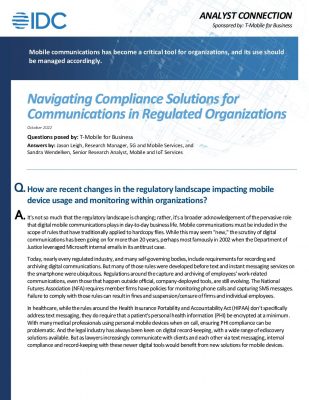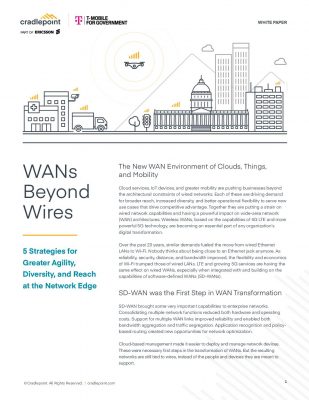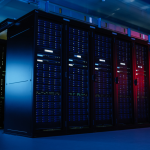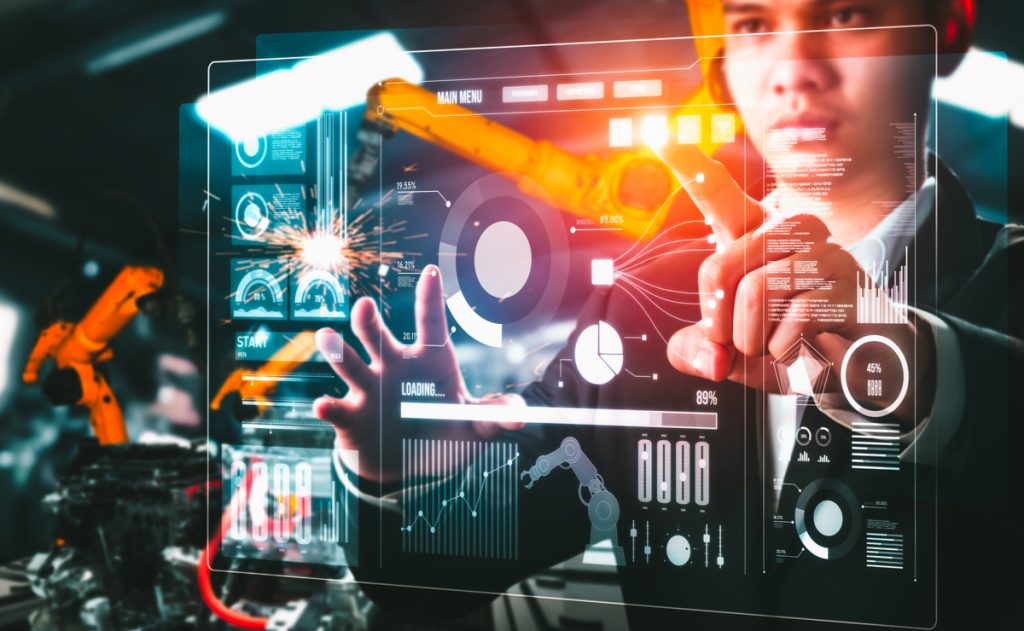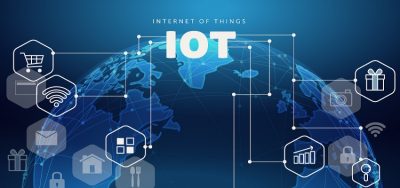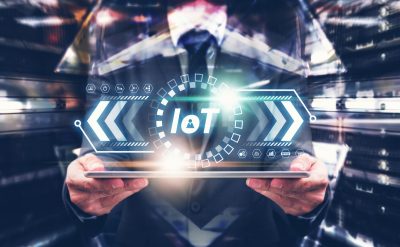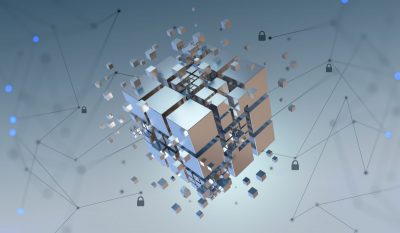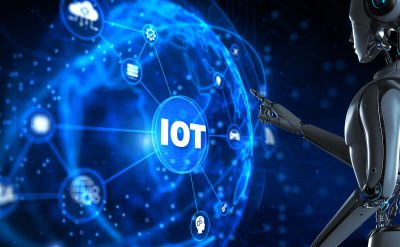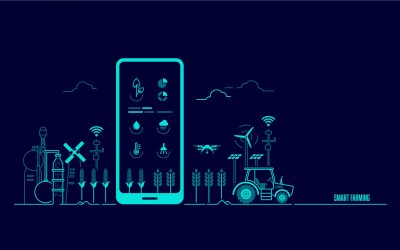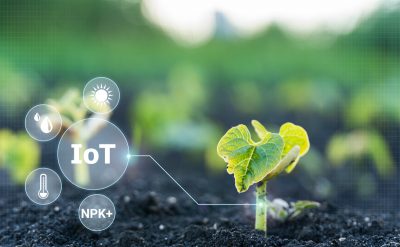The market value of the Internet of Things (IoT) devices will grow incredibly to USD 1.6 trillion by 2025. With various everyday products ranging from fitness bands to smart appliances (iRobot), IoT is gaining popularity among consumers. However, it’s not only consumers who can benefit from IoT equipment; businesses are also heavily influenced via this technology.
A recent report from KPMG states that IoT is one of the tech disruptors driving the most significant business transformation. As IoT adoption continues to bloom, business leaders realize the significance of using IoT for their success.
Businesses are readily accepting IoT
Businesses readily adopt IoT technology to find new opportunities to increase productivity, incorporate tech, and maintain efficiency. With this, companies have noticed a constant evolution in all the aspects of technology.
In finance, using data collected through IoT devices will help banks fulfill the on-demand of customers through kiosks; this will increase the accessibility of services. Using wearable devices such as Fitbit bands helps healthcare industries gather data promote monitoring accuracy, ultimately making their patients’ lives safer. While in the case of retailers, utilizing IoT contributes to increasing sales by offering more ways to make transactions.
Similarly, many more industries are on the verge of adopting IoT technology to fulfill their goals. In fact, about 94% of businesses have already adopted the technology and have seen returns on their investments. According to an estimation, IoT technology could contribute to as much as USD 19 trillion in cost savings and profits in the future.
The following factors show how IoT changes businesses and how an organization can benefit from implementing IoT devices.
Ways how IoT is revolutionizing businesses
1. Data
Data is the king in every field. Thus, it plays a major role in optimizing customers’ experience, making products better, and marketing themselves. Connected IoT devices will help companies access more data than ever before. Also, smart devices use innovative methods like using SMART technology (Self-Monitoring Analysis and Reporting Technology) to track and record consumer behavior, which later helps companies connect their customers according to their needs.
2. Effective market strategizing
Organizations can find ways to market their products more significantly after analyzing how consumers effectively use their products. Implementing technologies that can collect and analyze an ample amount of data can help companies provide a personalized experience for customers. Also, this can help in developing bolder and more relevant advertising and fulfill its target audience goal with greater ease.
3. IoT devices play a key role in remote working
Advancements in IoT applications have proven employees can work from anywhere, and their presence on the site is not important. For example, manufacturing industries that once required technical staff to fix broken-down machines are now replaced with sensors that alert about such occurrences. Even a single worker is enough to handle the situation by checking up on the condition of machines, eliminating the need for multiple on-site employees.
Not only in the manufacturing field, but IoT has heavily impacted office workers too. A recent study has reflected how remote working culture has made employees feel more satisfied and comfortable in the Work From Home (WFH) environment. This has turned out to be a plus point for organizations.
4. Asset tracking and inventory management
Tracking and managing inventory is often a tedious task for any organization. Using IoT applications will for sure help businesses resolve this issue. IoT can replace manual tracking and managing inventories with automatic control options to help manage inventories without juggling them. Also, installing IoT applications can help track assets in the supply chain to find the missing assets in transit.
In manufacturing industries, managing inventory changes can be done swiftly by installing IoT products and software in their warehouses and storage units. When combined with analytics, IoT can prevent theft when embedded with surveillance systems. For example, Amazon uses WiFi robots to scan QR codes on its products and track their orders. Such facilities allow businesses to reroute their employees’ time for significant tasks and increase work efficiency.
5. Obtaining real-time insights
Collecting real-time data from processes, devices, and people using sensors eventually helps businesses grow. Real-time monitoring gives closer visibility on what is going on that can genuinely make a difference. Through real-time input data from buyers, core sectors such as retail can help stock products on-shelf and increase profits with effective sales and stock management.
For instance, IoT devices play an essential role in the agriculture sector. IoT applications can collect data and provide it to farmers to plan and prepare for their next harvest of crops. Here, IoT devices play a key role in interconnecting sensors, thereby helping to make intelligent decisions and eventually acquiring innovations in business models that help accomplish its business goals.
Bottom line
Implementing IoT helps businesses increase efficiency and revenue and guarantees the best services and products to reach customers at the right time. Companies that have adopted IoT witnessed increased opportunities for the business by enabling them to be more responsive to customer needs. Thus, keeping businesses on the front-line of evolving trends of business-customer interaction.
Businesses must tighten their shoes and prepare themselves to run in the long race of implementing IoT technology in their processes soon.
To read more visit our latest whitepapers on IoT here.












